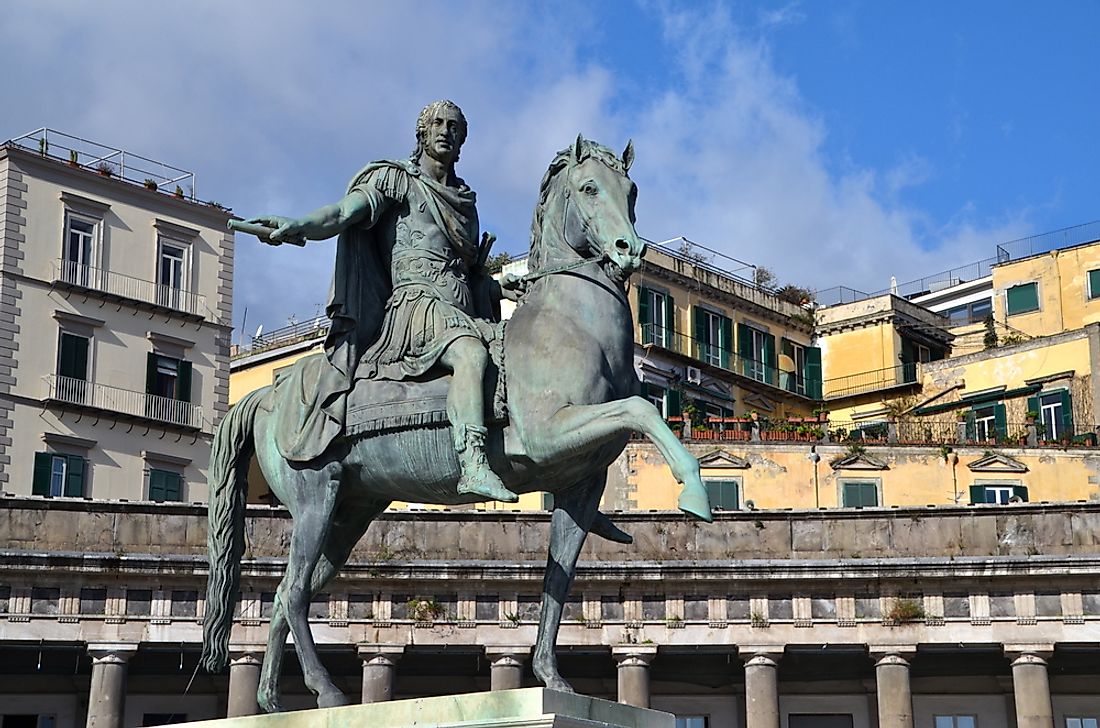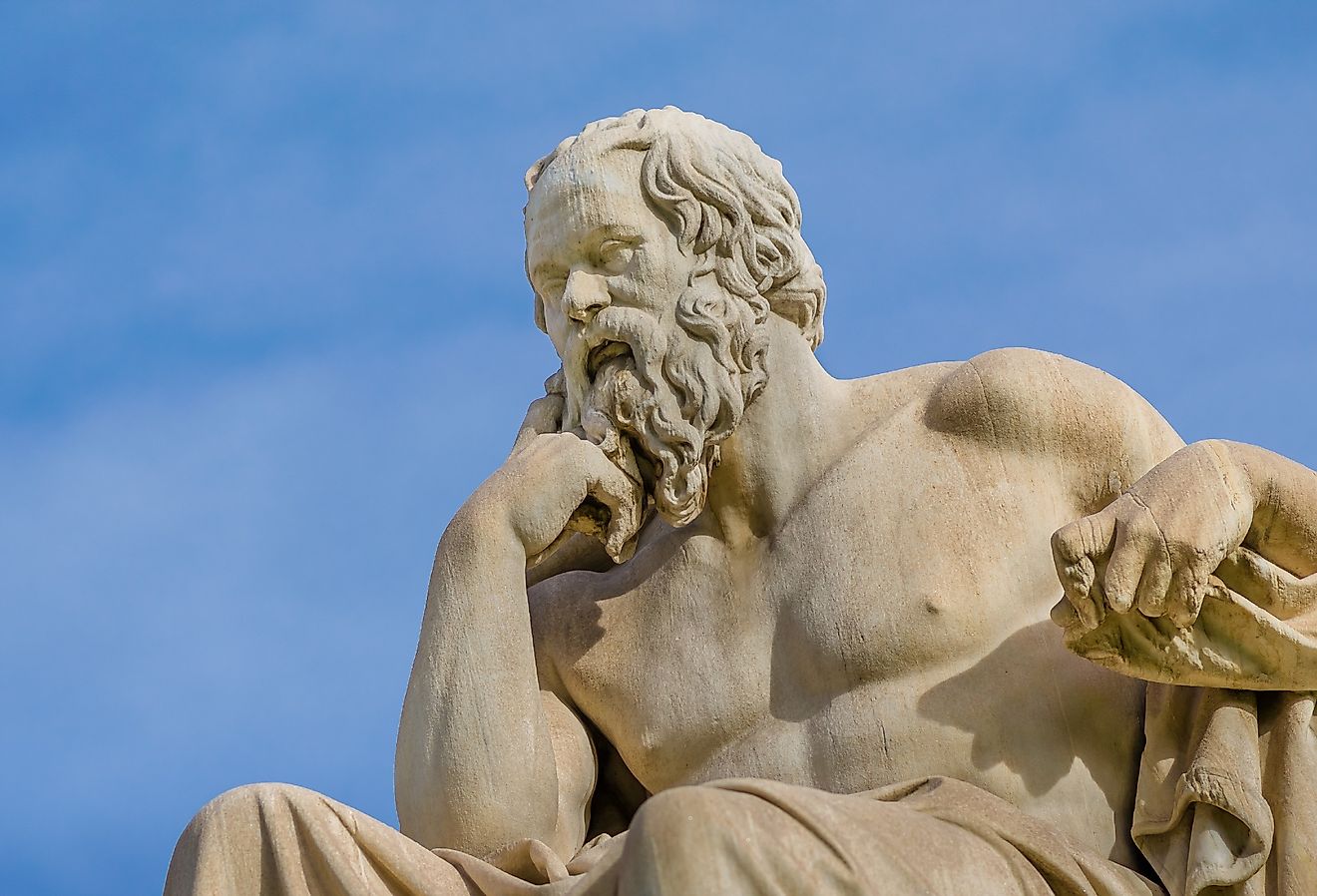What Is Enlightened Absolutism?

Enlightened absolutism alludes to the policies of despotic European monarchs of the 18th and 19th centuries who were influenced by the Age of Enlightenment. The Age of Enlightenment, also known as the century of lights, was experienced in Europe during the 18th century with the promotion of several ideas centering on reason. Some of the ideas included freedom, progress, constitutional government, tolerance, fraternity, and the separation of the church from the state. The use of enlightenment policies on political and religious tolerance came to be known as enlightened absolutism. Intellectuals got to design reforms which the enlightenment leaders got to impose on the public. For the enlightenment’s supporters, enlightenment promotes rational inquiry, freedom of thought, scientific achievement, critical thinking, political liberty, religious tolerance, and the pursuit of happiness.
Individuals Who Supported Enlightened Absolutism
Fredrick the Great, who ruled Prussia from 1740 to 1786, wrote an essay defending enlightened absolutism. Fredrick viewed himself as a leader of the enlightenment, and he embraced French ideas. French philosopher Voltaire was also in favor of enlightened absolutism over democracy. Other people who supported enlightened absolutism include Catherine the Great of Russia, Joseph II of Austria, Leopold II of Tuscany, Denis Diderot, Adam Smith, and Cesare Beccaria. In France, enlightenment was perceived as anti-government, and the French government was against it which led to the French Revolution of 1789. Britain ignored the leaders who supported enlightenment, though Isaac Newton was acknowledged as enlightened absolutism crusader. Britain ignored enlightenment ideals as they were assumed to be inspired by the French, were anti-clerical, and were against the set order. The king of Spain, Charles III, worked to bring changes in his regime from 1759 to 1758. The changes included weakening the church, promoting trade, promoting science and research, avoiding war, and modernizing agriculture. Spain went back to its former ways after the king passed away. Enlightenment policies established by Joseph II in Austria failed due to lack of support. On the other hand Johann Friedrich Struensee of Denmark and Marquis of Pombal used enlightenment ideals, and they worked well.
Changes Brought About by Enlightened Absolutism
Enlightened absolutism brought several political changes in the territories where it was received well. Some of the reforms included changes leading to the abolition of aristocratic tax immunities, systemization of territory laws, establishing religious tolerance, sponsoring of some institutions and cultural activities, empowerment of peasants and abolition of slavery, limiting the policing and judgment of peasants by the nobles, commerce promotion, and confirming and documentation of land ownership in the territories. Leopold II stopped the death penalty in Tuscany, Italy.
Philosophers Who Influenced Enlightenment
Some of the philosophers who influenced enlightenment include Rene Descartes, Francis Bacon, Baruch Spinoza, and John Locke. Thomas Jefferson and Benjamin Franklin influenced British and French thinkers, and they played a significant role in promoting enlightenment in the US. Some of the enlightenment ideals were absorbed in the drafting of the US constitution. German historian, Wilhelm Roscher, defined enlightened absolutism in 1847 but this definition has been disputed by scholars. Supporters of enlightenment believe it has led to progression in the present world.











